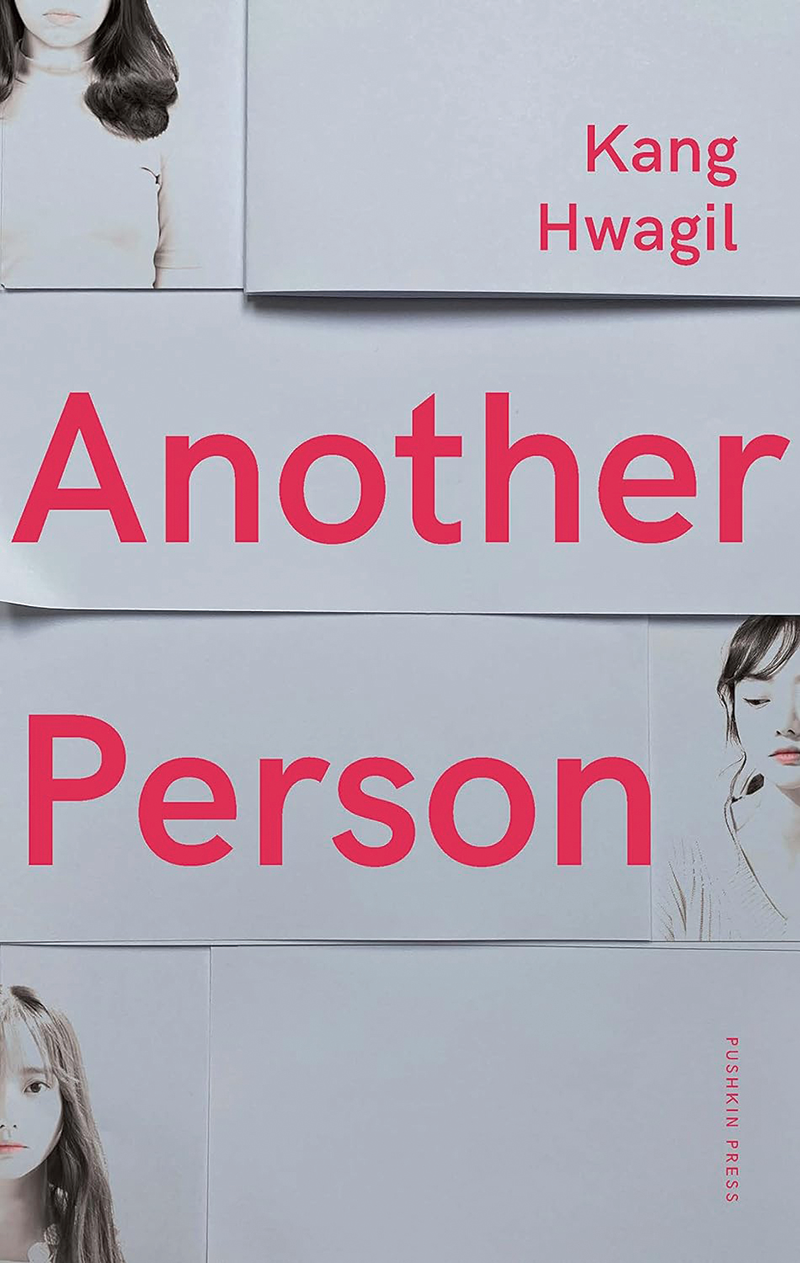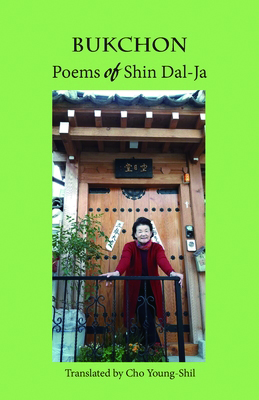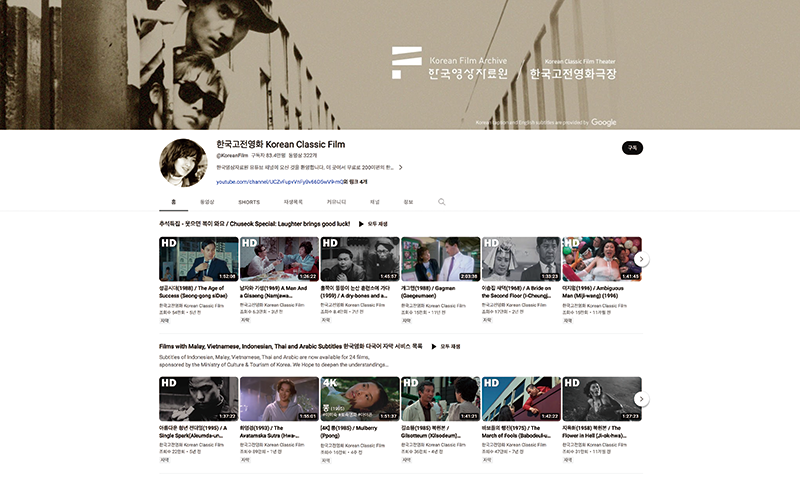“Another Person”
By Kang Hwagil Translated by Clare Richards
304 pages, £14.99, Pushkin Press, 2023
Seeing Ourselves Through the Eyes of Another

It is a fact of life that everyone is the hero of their own story. Some heroes are flawed, of course, and some are tragic, but in the end we are all the protagonists of our own tales. If we could see the world from another person’s perspective, though, we would realize the obvious corollary: We are all, at best, merely supporting actors in other people’s stories. Sometimes we are even the villains.
Kang Hwagil delves into this idea in her powerful debut novel, Another Person. Using a fluid perspective to great effect, Kang presents a layered, complex story that invites readers to reexamine their assumptions at every step.
The story opens with an unfortunately familiar tale. A young woman, Kim Jina, is repeatedly assaulted by her boyfriend, a senior coworker. Initially, she remains silent, afraid that her office relationship will be discovered. But eventually, she reports the assaults to the police, unaware of how slow and ineffective the legal system can be in cases of violent behavior. In the end, he is fined three million won—a slap on the wrist, in essence—but nothing else happens. Frustrated, Jina goes public, posting her story on an internet message board. Now she must cope with everyone knowing, everyone judging her.
It is easy to side with Jina, especially after an almost comically sexist dressing-down from her boss at work (a man who claims he must be a feminist because he believes it is wrong for a man to hit a woman). As the novel progresses, though, we get to see the world through the eyes of other characters in Jina’s story. These chapters give us important glimpses into their psyches and supply some of the missing pieces of the puzzle that is their tangled web of relationships. But they also muddy the waters and undermine some of Jina’s beliefs and assertions.
Certain patterns begin to emerge, such as the contrast between the self-doubt and self-blame of the female characters and the unshakable confidence of the male ones. It is effortless to sympathize with Donghee, a former boyfriend of Jina, as he attempts to rise through the ranks of academia, struggling against the machinations of those petty individuals who would unjustly hold him back from his rightful reward. Sure, he’s not perfect, but who is, right? At the same time, it can be difficult to understand the venomous hatred that Jina’s former friend Sujin now has for her. But no story is ever fully black-and-white—there are countless shades of gray in between. This does not mean that right and wrong do not exist. It just means that it is rare for anyone to ever be entirely right or wrong. It is said that bad things happen to good people. Well, they happen to imperfect people too, but that does not make those things any less unfortunate.
The story painted in Another Person is nuanced and subtle. There are messages to be discovered, but they emerge naturally from the narrative and thus impact with more force. This novel will take you on a journey; no matter where you might start when you begin reading, you will find yourself somewhere else in the end. And perhaps seeing the world through the eyes of another person will change you.
“Bukchon: Poems of Shin Dal-Ja”
By Shin Dal-Ja, Translated by Cho Young-Shil
106 pages, $18.95, Homa & Sekey Books, 2023
A Stroll Through a Famous Neighborhood

When the poet Shin Dal-ja moved to a tiny house in Gyedong, located in a neighborhood known as Bukchon, she decided to write a book of poetry while her experiences in her new surroundings were still sharp, before familiarity dulled their edges. Bukchon (literally, “North Village”) is a unique place. Situated in the heart of the concrete and glass metropolis of Seoul, it remains tethered to tradition and the past by preserving its hanok, traditional Korean houses. As such, it has become a favorite tourist destination for both locals and tourists.
Shin’s poems paint a picture of Bukchon from the inside. There are works that feature famous landmarks from the neighborhood, poems that could almost serve as tour guides for the curious visitor. There is also a strong connection to the enclave. In a hanok, one feels a keen connection to the history and culture of the neighborhood, not to mention the natural environment that our modern buildings shun. At the same time, Shin does not try to hide the realities of life, writing also about illness, loneliness, and old age. Her collection is a walk through Bukchon that goes beyond mere tourism.
“Korean Classic Film”
www.youtube.com/@KoreanFilm
A Treasure Trove for Korean Film Lovers

The blockbustere of Korean cinema can be traced back to the 1999 action thriller Shiri, which broke the domestic box office record set by Titanic in 1997. Almost every year thereafter, a new blockbuster emerged to take its place on the throne. Soon the world began to take notice, culminating in Bong Joon-ho’s 2019 Parasite winning the Academy Award for Best Picture. Now you can’t call yourself a film buff unless you have some familiarity with Korean cinema. But Korean film did not burst onto the screen at the end of the twentieth century; it arrived at the beginning. What is the budding film buff to do? Don’t worry, the “Korean Classic Film” channel on YouTube has an inventory that spans time and genres. It is hard to overstate how valuable a resource this is for anyone interested in Korean film. The channel by the Korean Film Archive (KOFA) contains works from the 1910–45 Japanese occupation period to the 1990s, and new films are added regularly. Even better, the films all have optional English captions for those who might need them. This reviewer has been a fan of the channel for many years, and I cannot recommend it highly enough.